Climate: Explained
Climate refers to the long-term patterns and averages of temperature, precipitation, humidity, wind, and other atmospheric conditions in a specific region. It is different from weather, which refers to the short-term and day-to-day changes in the atmosphere.
Factors that Influence Climate
- Latitude: The distance from the equator affects the amount of sunlight an area receives, which in turn impacts its climate.
- Altitude: Higher elevations generally have cooler temperatures due to lower air pressure and thinner atmosphere.
- Distance from the sea: Coastal areas tend to have milder climates due to the moderating effect of the ocean.
- Ocean currents: They play a significant role in regulating regional climate by transporting heat around the globe.
- Topography: Mountains and valleys can influence local climate by affecting wind patterns and precipitation.
- Human activities: Human activities, such as deforestation and urbanization, can also have an impact on local and regional climates.
Climate Classification
There are several climate classification systems, with the most commonly used being the Köppen climate classification. It categorizes climates based on temperature, precipitation, and vegetation, resulting in climate types such as tropical, arid, temperate, and polar.
Effects of Climate Change
Climate change refers to significant and lasting changes in the Earth's climate patterns. This can lead to a variety of impacts, including rising sea levels, more frequent and severe weather events, shifts in ecosystems and habitats, and disruptions to agriculture and food production.
Study Guide
Here are some key points to remember when studying climate:
- Understand the difference between climate and weather.
- Learn about the factors that influence climate, such as latitude, altitude, and ocean currents.
- Be familiar with the Köppen climate classification system and the different climate types it encompasses.
- Explore the impacts of climate change on the environment and human societies.
- Consider the ways in which human activities can either contribute to or mitigate the effects of climate change.
[Climate] Related Worksheets and Study Guides:
.◂Science Worksheets and Study Guides Fourth Grade. Organ systems

 Worksheet/Answer key
Worksheet/Answer key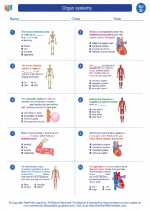
 Worksheet/Answer key
Worksheet/Answer key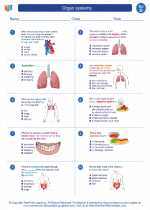
 Worksheet/Answer key
Worksheet/Answer key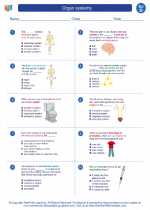
 Vocabulary/Answer key
Vocabulary/Answer key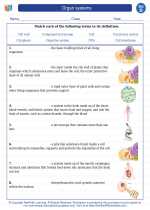
 Vocabulary/Answer key
Vocabulary/Answer key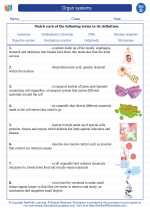
 Vocabulary/Answer key
Vocabulary/Answer key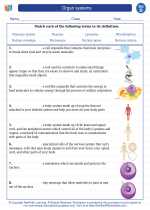
 Vocabulary/Answer key
Vocabulary/Answer key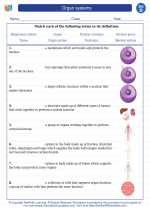
 Vocabulary/Answer key
Vocabulary/Answer key
